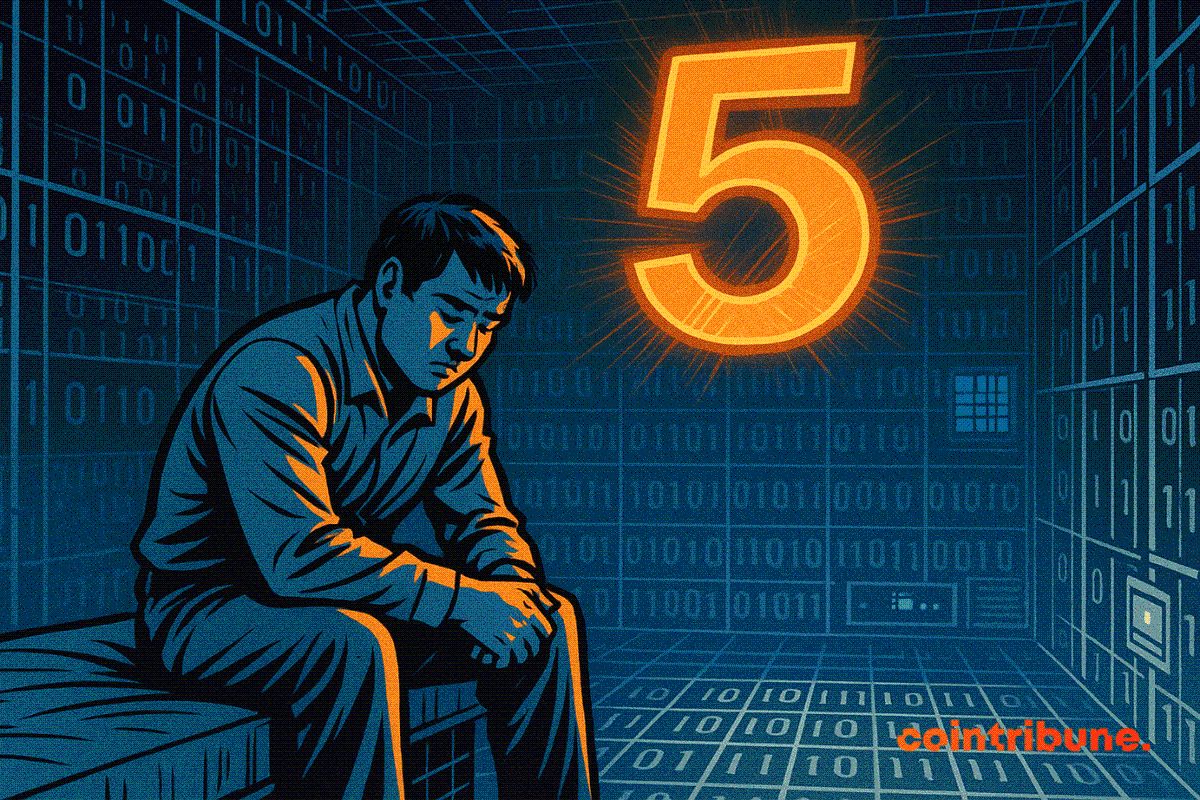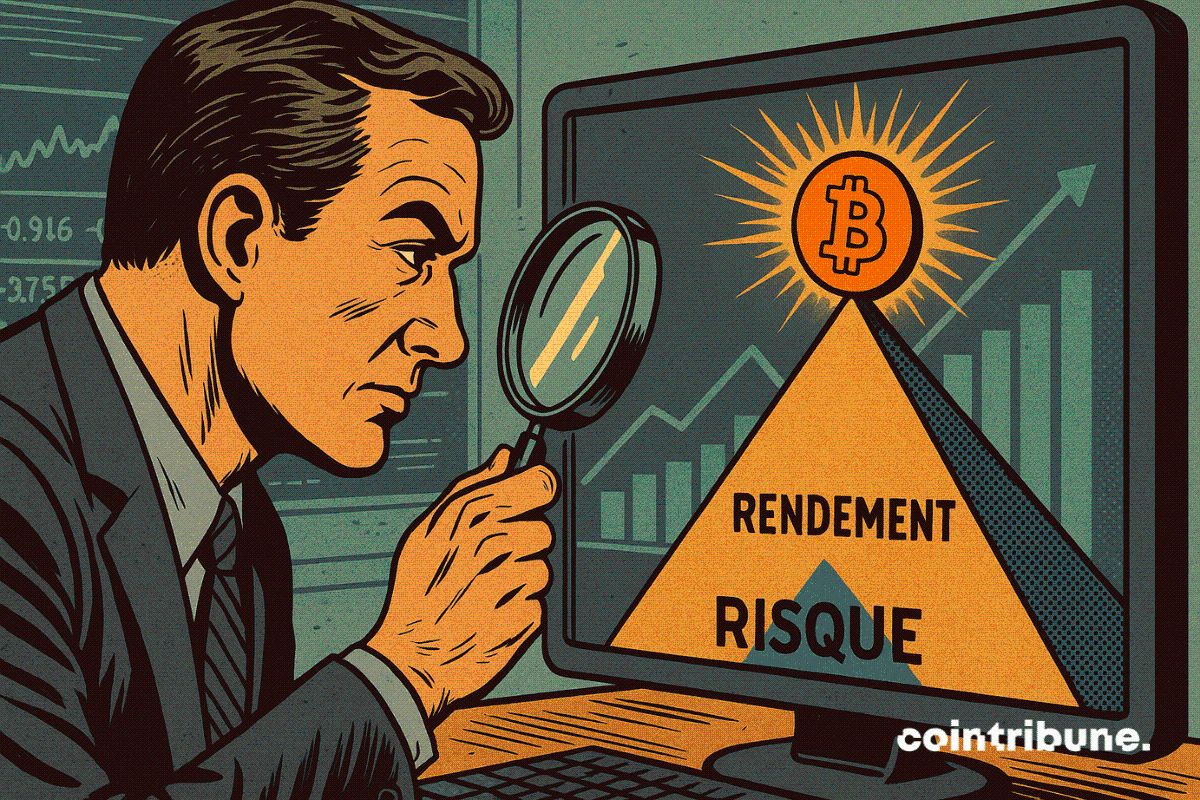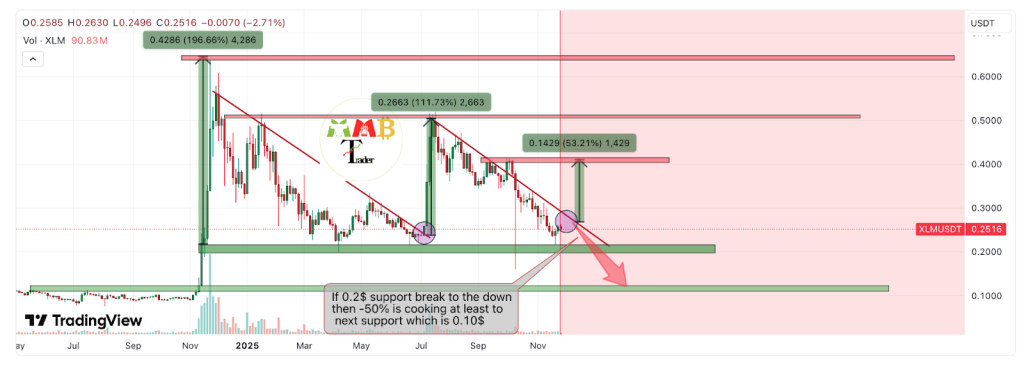Ripple SEC ruling: The U.S. Second Circuit dismissed appeals, confirming that XRP is not a security for secondary market trading while upholding a $125 million penalty for unregistered institutional sales, giving exchanges regulatory clarity and guiding compliance for future digital-asset offerings.
-
Ripple-SEC case concluded after four years
-
XRP confirmed non-security for secondary market trading; institutional sales remain subject to registration.
-
Ripple fined $125 million for unregistered institutional offerings, reinforcing compliance expectations.
Meta description: Ripple SEC ruling confirms XRP non-security for secondary market trading, imposes $125M fine for institutional sales — read implications and next steps.
What is the Ripple SEC ruling?
Ripple SEC ruling refers to the U.S. Second Circuit Court’s dismissal of appeals by both Ripple and the SEC, confirming that XRP is not a security when traded on the secondary market. The decision preserves a $125 million penalty for unregistered institutional offerings and clarifies compliance expectations for exchanges and issuers.
How does this decision affect XRP secondary market trading?
The ruling stabilizes XRP listings on exchanges by confirming that secondary-market transactions do not classify XRP as a security. Exchanges and market makers gain clearer legal footing, while institutional sellers must register offerings to comply with securities laws. The decision sets a precedent for classifying similar tokens.
Background: Why did the case matter?
The Ripple-SEC dispute centered on whether XRP sales constituted investment contracts under U.S. securities law. A multi-year litigation process examined institutional offerings versus secondary-market trading. The Second Circuit’s dismissal of appeals effectively locks earlier findings that protect routine trading while penalizing unregistered institutional sales.
Who are the key parties and quotes?
Ripple Labs and its CEO Brad Garlinghouse led the defense. The U.S. Securities and Exchange Commission pursued enforcement. “This is a victory for regulatory clarity in the sector,” Brad Garlinghouse said, highlighting industry expectations for clearer rules and predictable compliance paths.
What are the penalties and regulatory requirements?
Ripple was ordered to pay a $125,000,000 fine for unregistered institutional sales. The ruling affirms that institutions conducting primary or directed offerings must register with the SEC or meet a valid exemption. Exchanges are not required to delist XRP solely because of secondary-market trades.
What does this mean for crypto exchanges and institutional participants?
- Exchanges: Can continue offering XRP on secondary markets with reduced litigation risk.
- Institutional sellers: Must ensure registration or rely on established exemptions for primary offerings.
- Market participants: Should update compliance frameworks and disclosure practices to align with the ruling.
Frequently Asked Questions
Is XRP now fully unregulated?
No. The ruling clarifies that XRP is not a security in secondary-market transactions but does not remove regulatory obligations for institutional sales or other activities that may meet securities-law tests.
Will other tokens get the same classification?
The decision provides precedent but is fact-specific. Other tokens will be evaluated on their sale context, developer involvement, and expectations of profit. Each token requires individual legal and factual analysis.
How should exchanges respond to the ruling?
Exchanges should review listing policies, update compliance programs, and coordinate with legal counsel to confirm that platform activities adhere to securities and market regulations.
Key Takeaways
- Finality: The Ripple-SEC case is legally concluded, reducing uncertainty for XRP secondary trading.
- Compliance: Institutional sales still require SEC registration or valid exemptions; $125M fine enforces this point.
- Market impact: The ruling encourages clearer exchange policies and may influence classification approaches for other digital assets.
Conclusion
The Ripple SEC ruling provides a significant step toward regulatory clarity: XRP is not a security in secondary-market trading while institutional offerings must comply with registration rules. Market participants should update compliance and disclosure practices now to align with this precedent and anticipate evolving regulatory guidance.



